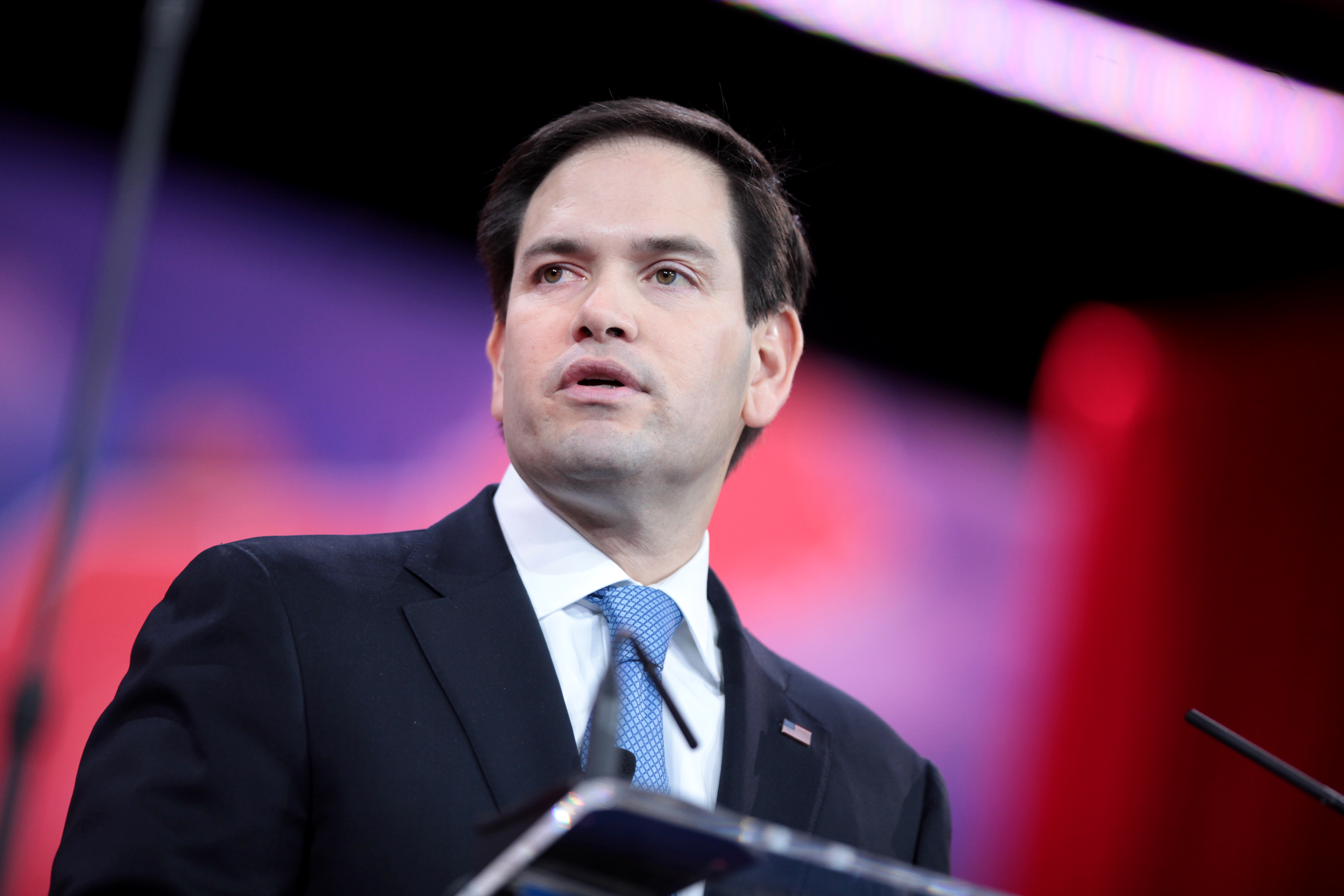Time and again, I have underestimated Donald Trump. Indeed, my error might have been in overestimating the sophistication of the American voter. Two primary wins later, his blowhard antics and populist rhetoric continue to resonate with a passionate subset of voters. It’s true that every Republican who has won both the New Hampshire and South Carolina primaries has gone on to win the nomination. However, that streak will come to an end.
Nothing has fundamentally changed about the GOP race other than the fact that there are fewer contenders standing. It’s certainly strange to say it, but Sen. Marco Rubio, with his third place in Iowa and fifth in New Hampshire, remains the inevitable nominee. He might not draw the level of excitement and headlines that Trump does, but he offends fewer people, which will prove enough to get the job done.
A powerful image was on display in the Palmetto State, with South Carolina Gov. Nikki Haley and Sen. Tim Scott joining Rubio on the campaign trail. These leaders’ endorsements proved a major boon for the Florida senator, as he drew 22.5 percent of the vote en route to a second-place finish. While the Republican establishment is perceived to be dominated by older white male politicians, a fresh batch of conservatives lead the way in the state. The Indian-American Haley is of Sikh descent, and Scott is the first black Republican elected in the South since 1881. These figures have the potential to join the Cuban-American Rubio and broaden the base of Republicans looking outside of Trump.
After recruiting his famous brother and mother to the stump, a poor finish in South Carolina meant no way forward for Jeb Bush. His dropping out of the race will likely benefit Rubio. Bush’s support going to the establishment Floridian could consolidate voters looking for someone more experienced than Trump. Trump’s massive unfavorability isn’t going away anytime soon, so any single candidate who can coalesce support will eventually come out on top.
John Kasich did finish ahead of Rubio in New Hampshire but finished only as a distant fifth in South Carolina. As the most moderate man standing in the GOP, he offers strong potential in the general election. He’s not as well-known nationwide; his persona hasn’t exactly sent Americans to the edge of their seats.
In a year when many are resigned to supporting the least-bad candidate, he does have a chance not to offend voters and might siphon votes away from Rubio. As a non-Evangelical, the Southern states on the upcoming primary schedule don’t work in his favor. His plan will be to survive to make a final push in the Midwestern states in which he can succeed.
Republicans don’t have true superdelegates, so the nomination will need to be earned through the ballot, one way or another. Rubio will need to achieve a strong result in Nevada, but Trump will likely win. Rubio must actually win states eventually, right? The possibility is strong that until only two candidates remain, Trump will win almost every state. With 14 states up for grabs on Super Tuesday, March 1, we will finally learn something about the complexion of the race. The early states have cut out the extra weight, but a challenger needs to emerge to dethrone Trump sooner than later.
Daniel Galitsky is a senior economics and finance major. He can be reached at dgalitskydbk@gmail.com.



